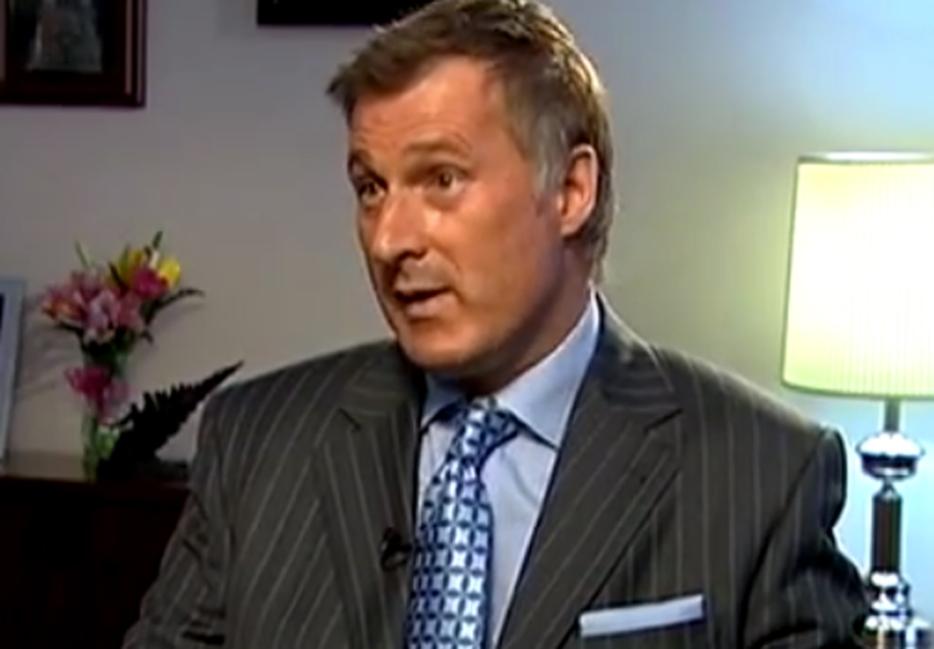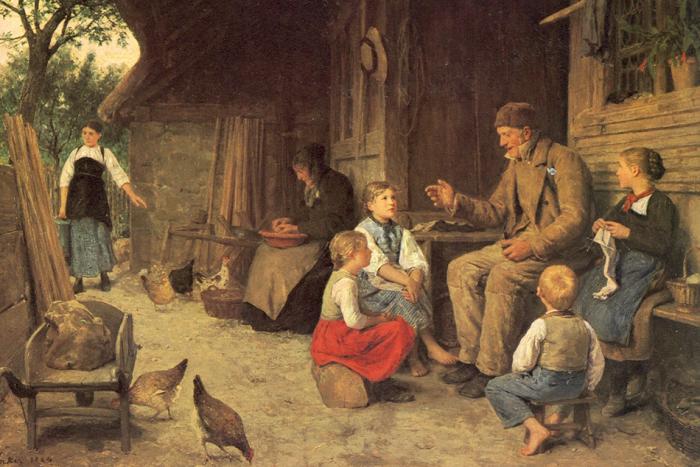Guys, Maxime Bernier has a theory: it could be bunnies it’s all the Liberals’ fault. In a speech to a group of young Quebec businessmen and women, the MP for Beauce—the man who was, then wasn’t, and is now again a cabinet minister—advanced the theory that the Liberals are responsible for the rise of separatism in Quebec.
“The Liberal Party of Canada has for decades been the party of centralization and of interference in areas of provincial jurisdiction,” Bernier said. In case we’d missed his point, he added after his speech, per the Canadian Press: “What I’m saying is that the Constitution must be respected. In the past, when the sovereignty movement was popular in Quebec, who was in Ottawa? There was an interventionist Liberal government.”
Well, sure. And if you squint hard enough, post hoc ergo propter hoc isn’t a logical fallacy.
You don’t have to be a fanboy to acknowledge the Liberals were, in the 20th century, a very successful political party. By the end of the 20th century, they’d run the country for roughly 70 of the preceding 100 years. So, by definition, just about everything during that period occurred while Liberals were running the show. If we’re going to blame the Liberals for the rise of separatism, do we credit them for the eradication of polio? And, like, the Soviets launched both Sputnik and Yuri Gagarin into orbit around the Earth while Tory John Diefenbaker was prime minister, so what does that mean, smart guy?
Of course, it means nothing. Policy and governance matter, but they’re not omnipotent or omniscient, otherwise the Soviet Union would have followed up those achievements in the space race with its irreversible conquest of the heavens and our world would be a much different place. In the real world, cosmonauts were a poor excuse for bread lines, and the evidence of actual Tory prime ministers of the 20th century suggests they weren’t interested in keeping their mitts off provincial jurisdictions. The evidence of actual premiers of Quebec, meanwhile, suggests it wouldn’t have defanged separatism even if they had.
Bernier can blame “centralizing” Liberals all he likes, but the fact is, big government was the new hotness in democracies throughout most of the decades following World War II, for the understandable reason that big government, you know, won the war. This is true across political lines and international borders: Eisenhower didn’t reject the postwar, big government consensus—he entrenched it.
For better or worse, Pierre Trudeau did as much as anyone to protect Quebec’s role as a Francophone province within Canada, as much as it may anger people to say it. One of his first acts as prime minister was to pass the Official Languages Act (and his speech introducing that bill to the House of Commons was a paean to his view of a bilingual country that could live with itself), and by the end he’d managed to entrench a system from which Quebec not only benefits enormously, but which effectively cannot be changed to Quebec’s disadvantage. (Which, as the repatriation of the Constitution of Canada, was a hell of a victory lap.)
Oh, and the time a conservative prime minister did propose decentralizing the Canadian federation as an explicit concession to Quebec? We got years of constitutional torture between Meech Lake and Charlottetown, not to mention an emboldened separatist movement for our trouble. The only reason Brian Mulroney wasn’t in power during the 1995 referendum in Quebec was because he fled the scene of the crime shortly before the people of Canada, including those of Quebec, reduced his party to two shivering MPs.
These facts may annoy Bernier. They may annoy separatists. But I suspect the PQ would also be annoyed by the suggestion that their movement was a reaction against the Liberals, and not an expression of anger against the discrimination that French Canadians faced even inside Quebec within living memory.
Bernier’s remarks about the Liberals were just one part of a larger speech, one about his vision for Quebec within Canada. The rest of the speech is actually not terrible: a plea for Quebecers to embrace the Anglophone minority as an inseparable part of the province; for the province to make fewer demands of the Rest of Canada; to work with other provinces (coughcoughAlbertacough) that want a smaller government. It was, in fact, an interesting speech for someone in Stephen Harper’s cabinet to give.
If only he’d stopped there.





